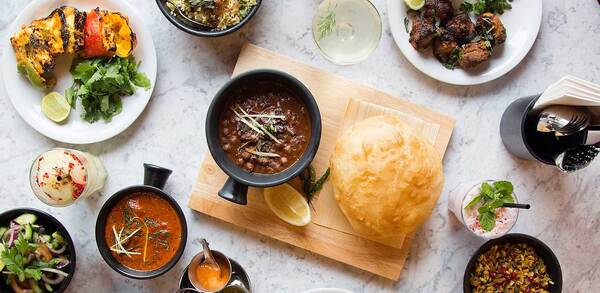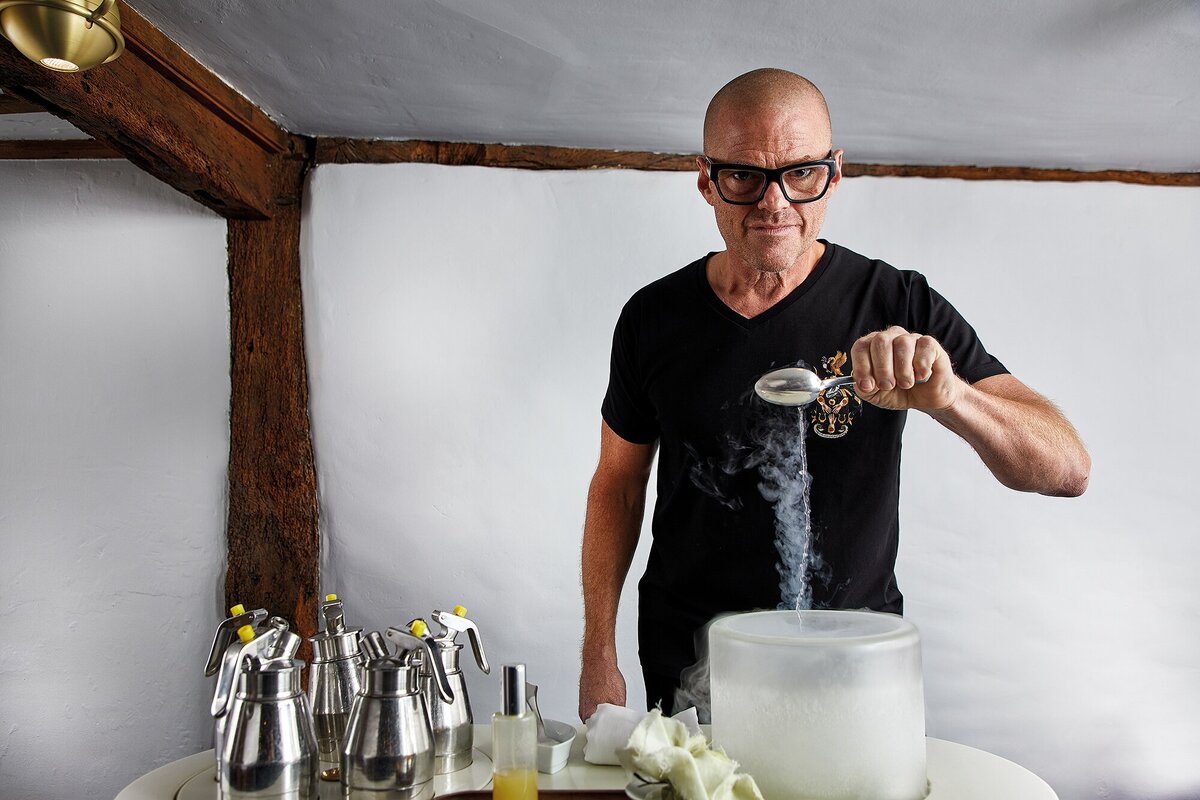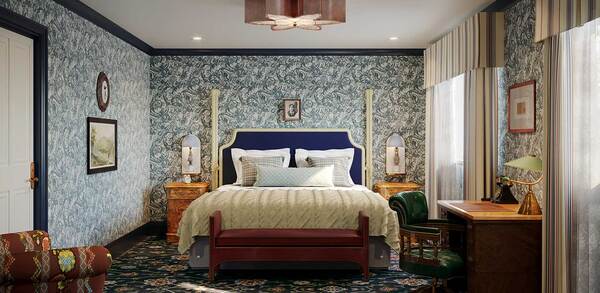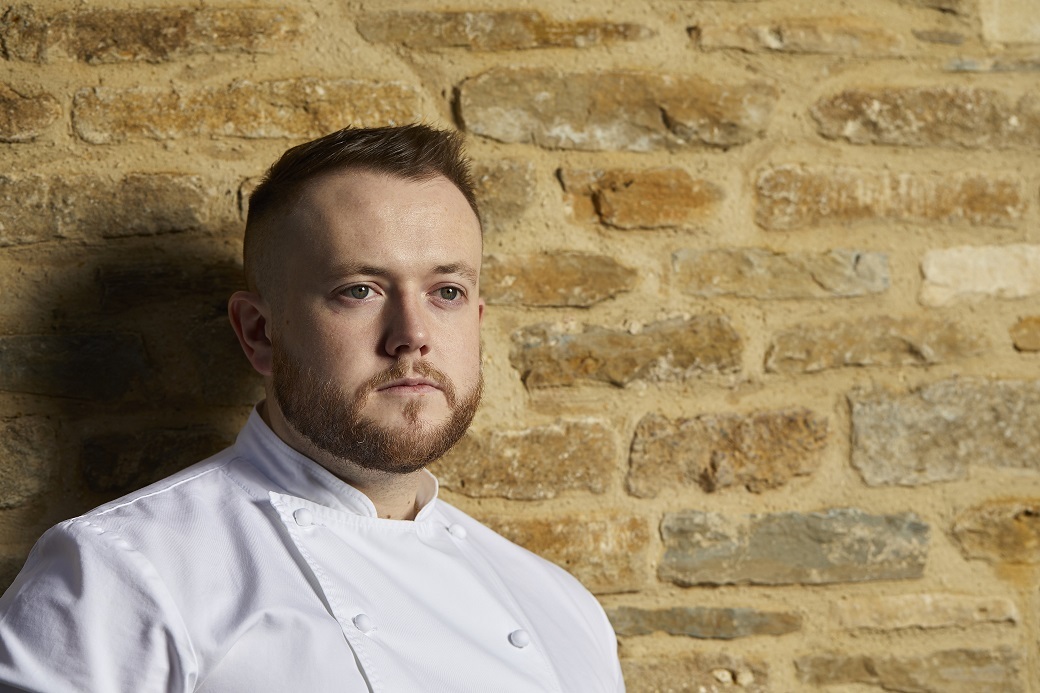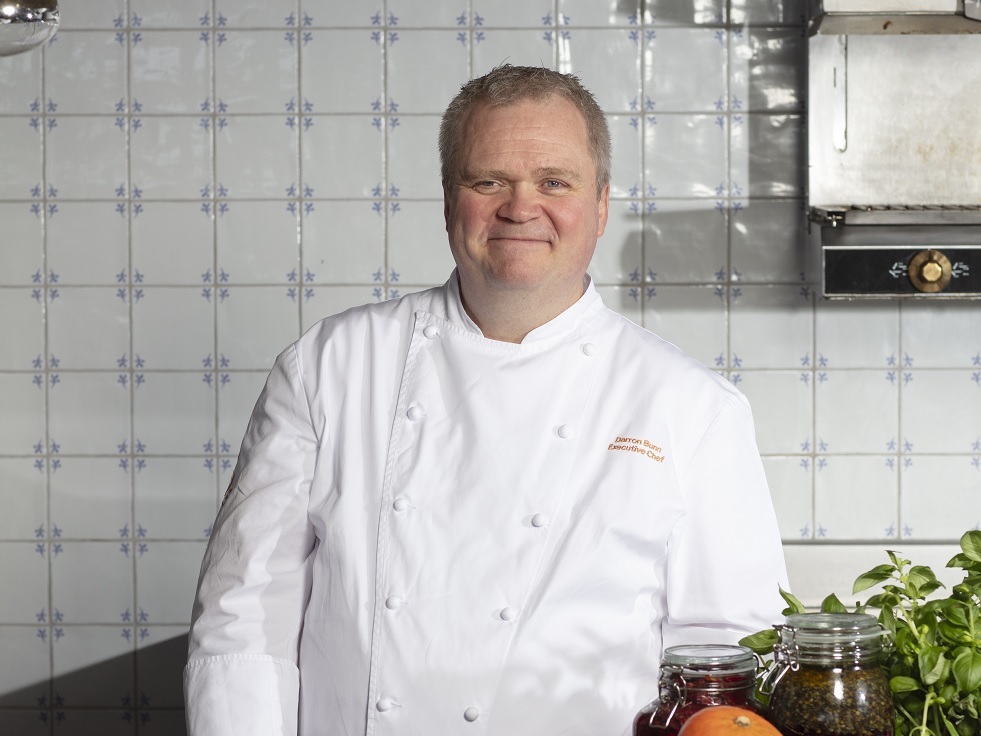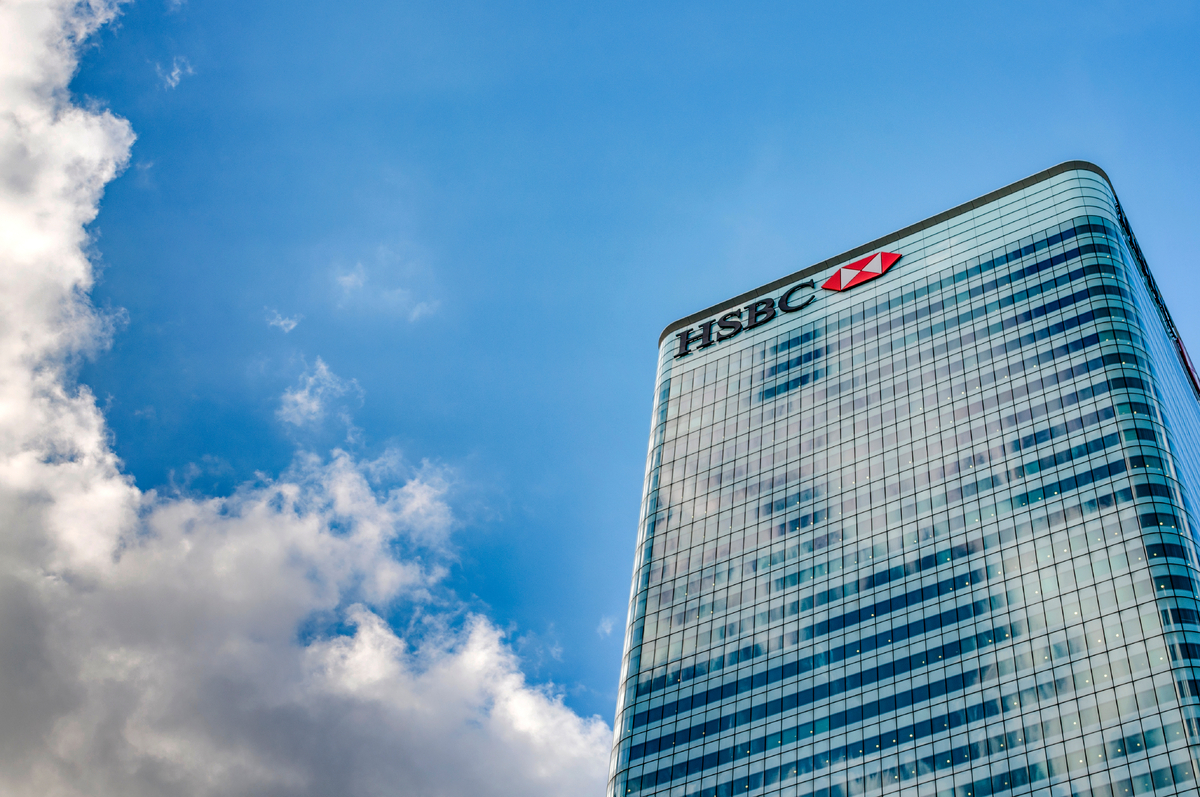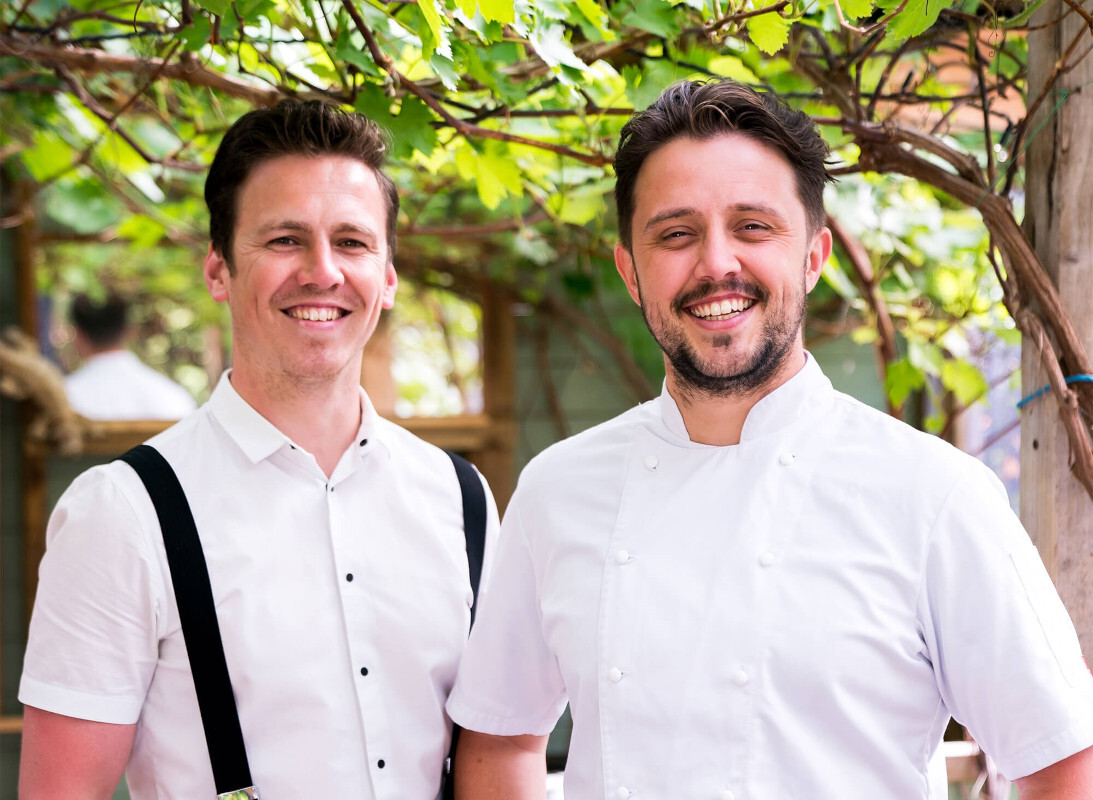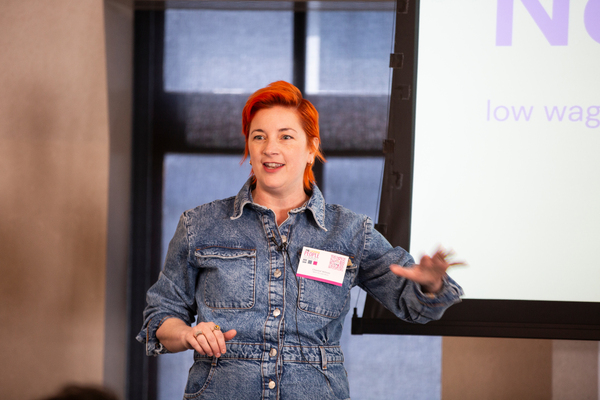The trials of jean-paul lacombe
Next to Paul Bocuse, Jean-Paul Lacombe is Lyon's most famous chef. Patricia Wells, the New York Herald Tribune's grande dame of restaurant criticism in France, dubbed his Leon de Lyon a "luxury bistro" in her Food Lovers' Guide to France. His Bistrot de Lyon and Bouchon de Lyon make millions. He has interests in four other restaurants. So what could possibly trouble his sleep?
For a start, a suspended jail sentence. In November 1995, health officers checking the Bistrot de Lyon uncovered quenelles de brochet, brawn and two dozen eggs which were off. Despite mitigating circumstances (some of the incriminating merchandise had just been delivered) and the fact that the business was managed by a partner, a Lyonnais court fined him Ffr15,000 (£1,800) and added a one-month prison term.
The attendant furore hasn't crippled his business, but it highlights a risk. Jean-Paul Lacombe's name endorsed the quality of the bistro and helped fill it, but when something went wrong that same name fuelled the damaging publicity.
Bistrot de Lyon (160 seats - 320 covers per day) is a local institution, a kind of plush Hard Rock Café with good food and no music. It is open seven days a week and takes last orders at 1.30am. On the red awnings outside, which face the Rue Merciere - a pedestrian walkway packed with themed and chain restaurants - it announces itself as a bistro-brasserie.
The Ffr54 (£7.50) plat du jour could be a jarret d'agneau braisé (braised knuckle of lamb) or a poulet rôti gousses d'ail, jus au vinaigre, gratin de macaronis (roast chicken with garlic, vinegared gravy and a macaroni gratin). On the menu proper are roast, boned and stuffed rabbit, zander with sorrel sauce, Lyonnais sausage with lentils, stuffed vegetables and fish en brioche. It is French provincial food as Elizabeth David would have loved it.
It isn't too different from the cooking in chef Lacombe's haute couture restaurant. There, a £30 main course may contain fillets of pike meuniäre, miniature quenelles with sauce Nantua, and frogs' legs coated in very fine breadcrumbs and fried. In his bistro, customers are served one or other of these items, but the raw materials will be selected according to a different specification, and the average bill for a meal, including wine, will be £20.
If the emphasis on the quality of cooking remains constant across his group, it is because he believes that management shouldn't dictate the kitchen's agenda. "Up to a point I am a businessman, but in this profession we are all, primarily, manual workers who must continue to care about our produce and the way we cook it."
This love affair that top chefs have with their profession has also been their Achilles' heel. Over lunch at Leon de Lyon, Lacombe admitted to 15 bookings during that service, less than half the number of staff he employs there. "The labour costs in this establishment, if I want to maintain the standard and continue to pay employees relatively well, are 50% of turnover."
In his view, celebrated chefs who spread their influence into bistros, bouchons and wine bars, play the same game as Pierre Cardin or Yves St Laurent, who lend their names to ready-to-wear brands. "It is the means by which we can apply our talents. I can't export one of my restaurant creations to a bistro, but I can transfer an idea from it."
Lyons advertises itself as the gastronomic capital of the world. Its repertoire of regional dishes has been almost codified by tradition. Competition in a city top-heavy with eateries is intense, and yet Lacombe believes the sameness of so many restaurants may finish by damaging the reputation it enjoys.
"Everybody in the Vieux Lyons, in the tourist quarters, in the Rue Merciere are doing gras double, le tablier du sapeur, andouillette and salade Lyonnaise, but the problem is that the salad, for instance, if it isn't prepared by a professional who loves his craft, can be shit. It is poorly dressed, the eggs are overcooked, the lardons are cold. You can buy a packet of powdered gêteau de foie de volaille and reconstitute it."
The other side of the coin is that a significant proportion of the local clientele is still very demanding and recognises quality. It's a legacy passed down from father to son and mother to daughter, so that the pleasure of dining out is a central part of the city's social and cultural fabric.
Since the departure of his partner, who had managed the Bistrot de Lyon as a separate company, Lacombe has had to restructure his organisation and centralise the controls. But each of his restaurants is run as an independent business. "The fact that the Bistrot de Lyon makes a profit doesn't mean that I'll spend it propping up another one."
Of the chefs who saw an opportunity to "stretch their brand", Lacombe was probably the first. His bistro dates back to 1974 when he was still in his mid-20s. The property he acquired was a one-time house of ill repute where the bourgeois entertained their mistresses. He converted it into a Belle Epoque diner with marble-topped tables, ceramic-tiled murals and antique zinc.
Seating 160, it immediately became a provincial equivalent to Parisian brasseries such as Flo, Bofinger and La Coupole. And it stayed open late. Customers could order meals at 1am. In summer, tables spilled out on to the pavement. Even today, determined diners are prepared to queue for a seat during the busiest times of the year.
Its clientele changes through the day. At lunch it serves the quarter's well-heeled shopkeepers and business lunchers. In the evenings it is a year-round destination for those who visit the city as congress delegates rather than as holidaymakers. Late, it's a haunt for the city's night owls, much as La Coupole services Parisians around Montparnasse.
Two other themed restaurants with the Lacombe signature flank his bistro. Le Bouchon de Vins next door is a wine bar selling 30 wines by the glass. It has its own kitchen, and the average spend, Ffr95 (£12), is roughly half the cost of its larger neighbour. Part of the same building, the Bar du Bistrot, offers karaoke, opera on cable TV, cocktails and snack meals.
It isn't too far-fetched to say that the bistro has been the engine which has turned the Rue Merciere into a Gallic food mall, packed with themed eateries. Salmon Shop, a diner actually, specializes in - guess which fish?, Habana is a Latino nightclub, Eden Rock dishes up T-bone steaks and burger culture and Bistro Romain, 180 seats, is one of a 44-strong chain. There are also smaller restaurants Arcadius-Cyrano and Le Layon, and bars which stay open till 4am such as Le Monocle.
Considering the cloud under which the Bistrot de Lyon's kitchen lies, Lacombe could be excused for not showing it off to the press. But he doesn't mind. In fact, it's unexceptional, spacious, functional - the preparation areas are well away from the cooking suites - and clean.
He uses no frozen food, no sous-vide. The prime cuts of meat arrive ready-trimmed. Wet fish is delivered daily. Although purchasing is more centralised than before, Francois Galabert, the new manager, can still buy cheese, herbs, fruit and vegetables from the stalls along the Quai St Antoine.
An ancient Chinese proverb states that to receive evil fortune is to have good luck. Since the departure of his partner, Lacombe has taken a much closer control over his small empire. He visits it daily. His wife, who has always helped him at the restaurant, oversees the accounts. Once again it has become part of a family affair, rather than a distant, rogue satellite.


